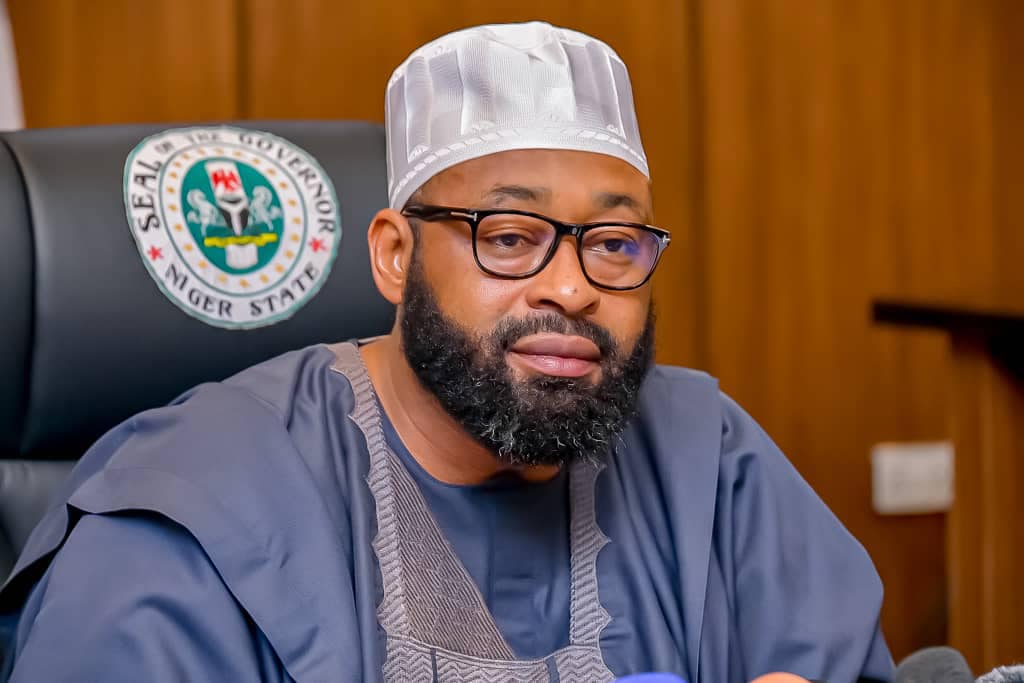
Niger State Governor, Muhammad Bago, decried the rate at which Africans rely heavily on food import adding that the continent imports $55 billion worth of food, including maize, wheat oils, rice and other agricultural products.
This was as the Minister of Budget and Economic Planning, Abubakar Bagudu, commended President Bola Tinubu’s agricultural policies, noting that the sector had made significant progress under his leadership.
Last week, the Donald Trump administration imposed various tariffs ranging between 10 per cent and 65 per cent on different countries across the world. Nigeria got a 14 per cent tariff on its exports to the U.S.
Bago hinted when he met with the officials of Arab Contractors in Cairo, Egypt, after securing an agreement with the Egyptian giants on agricultural production.
He advocated the need for African leaders to take advantage of the continent’s potential to cut down on food importation.
Niger State with its enormous potentials, he noted, has adequate land and water with over 1,850km of river front land for irrigation and with a youthful population and five million hectares of arable land capable of producing 50 million tonnes of food.
The global Chairman of Arab Contractors, Ahmed Moustafa El Assar, promised to visit Niger next month along with the officials of Egyptian Ministry of Agriculture and the Ministry of Irrigation Development to see how he could explore areas in agriculture.
According to him, the Government of Egypt is fully committed to the food security of Egypt and Nigeria.
BAGUDU spoke at the University of Ibadan Agricultural Economics Distinguished Personality Lecture, delivered by the Country Director, World Bank Nigeria Country Office, Dr Ndiame Diop, yesterday, in Ibadan.
He explained that agriculture’s 1.76 per cent growth in Q4 2024, accounting for a 25.59 per cent contribution to the 3.84 per cent Gross Domestic Product (GDP), indicated that Tinubu’s policies and programmes were maturing.
The minister attributed the sector’s appreciable success to the administration’s unwavering policies, which he said prioritised augmented budgetary funding and access to finance, stimulated technological innovation and mechanisation, improved climate resilience, developed infrastructure, fostered public-private partnerships (PPPs) and reinforced security.
Specifically, he pointed out that the sector benefited from increased budgetary allocations since the inception of Tinubu’s administration, rising from N228.4 billion (1.05 per cent of the 2023 budget) to N362.94 billion (1.32 per cent of the 2024 budget) and finally to N826.5 billion (1.7 per cent of the 2025 budget).
Bagudu called for collective action among the government, academia, private sector and development partners to turn challenges into opportunities.
He added that through the aggressive implementation of the Renewed Hope Agenda and the National Development Plan, Nigeria would be transformed into an agricultural powerhouse that feeds its people, powers its economy and competes globally.
